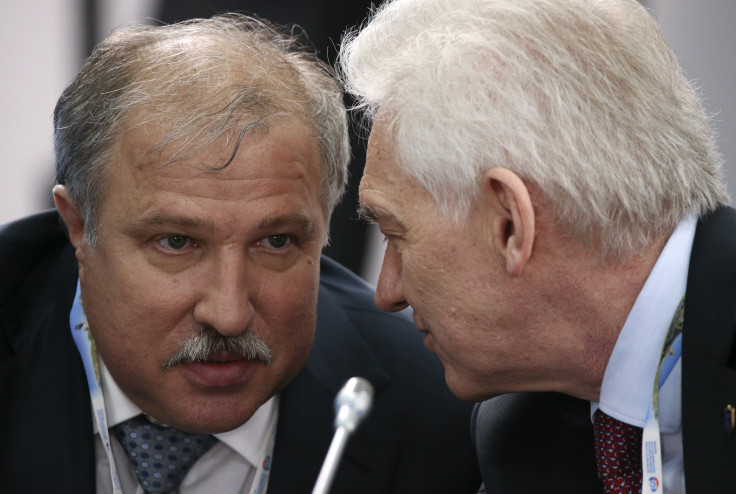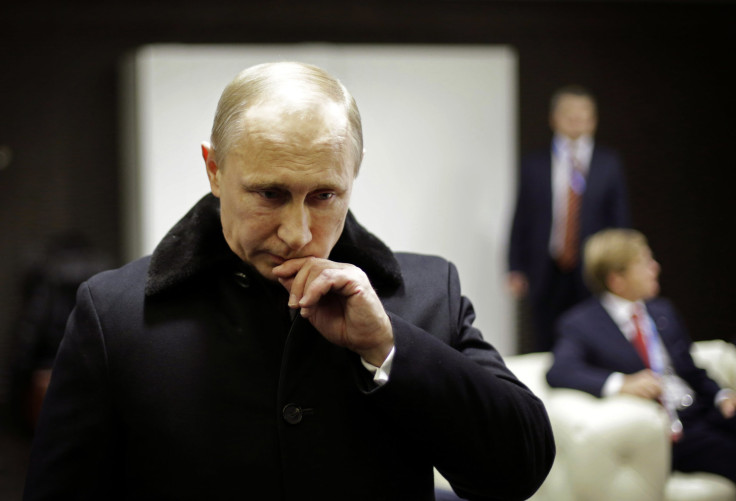EU, US Economic Sanctions Against Russia Avoided As Russian Oligarchs Give Away Vast Wealth

Some people look to their family in times of dire need. The same approach apparently applies to Russia’s oligarchs who, rather than having their assets frozen by Western-led sanctions over Moscow’s actions in Ukraine, recently transferred their company shares and vast fortunes to family members, according to an investigation by the Times of London released Wednesday.
Not only did the transfer of wealth undermine Western efforts to inconvenience Russian President Vladimir Putin’s inner circle of rich businessmen for the Kremlin’s annexation of Crimea and involvement in the Eastern Ukraine war, it cast new light on the lengths to which Putin and Russia’s oligarchs are willing to go to hide their substantial fortunes from the long arm of Western sanctions.
Boris Rotenberg -- who with his brother Arkady owns Russia's SMP Bank, which has been subject to U.S. sanctions -- recently sold 50 percent of his Finnish Business Arena Events Oy to his son Roman last summer. The sale enables the shares to be sold to free up hard cash, which would not have been possible under current sanctions. It also ensures that Rotenberg's assets are protected should Putin’s 16-year premiership of Russia collapse.
Rotenberg's son is a Finnish citizen. Rotenberg and his brother are both named in sanctions.
Arkady sold stakes in TPS Real Estate Holdings, Mostotrest and Gazprom drilling to his son in a deal worth up to $550 million.
A representative for Rotenberg said the undisclosed deal was part of a “generational change.”

While such transfers were not illegal, the Times report claimed, it demonstrated the flaws in the supposedly robust EU- and U.S.-led sanctions that were aimed at Moscow’s powerful and wealthy, and only appeared to have contributed to taking Russia into a recession and placing many in the country into poverty. The international drop in the price of oil has also deeply affected the country’s economy.
Other transfers of wealth included Gennady Timchenko, who sold a 17 percent stake in his petrochemical company Sibur to Kirill Shamalov for around $500 million. Shamalov’s father, Nikolai, was named on the EU sanctions list along with Timchenko. Kirill Shamalov, however, was not.
Timchenko also sold a 30 percent stake in his fish company to his son-in-law. The company was worth around $40 million.
“The social intertwining of the children of Moscow elite helps to consolidate the Putin circle as it comes under scrutiny and criticism from abroad,” noted the investigation, which included other examples of large transfers of wealth within and across different wealthy families in Moscow.
“The sanctions against individuals are a nonsense that will just consolidate the team,” said Irina Khakamada, who was a liberal-minded Russian government minister in the 1990s.
© Copyright IBTimes 2024. All rights reserved.






















